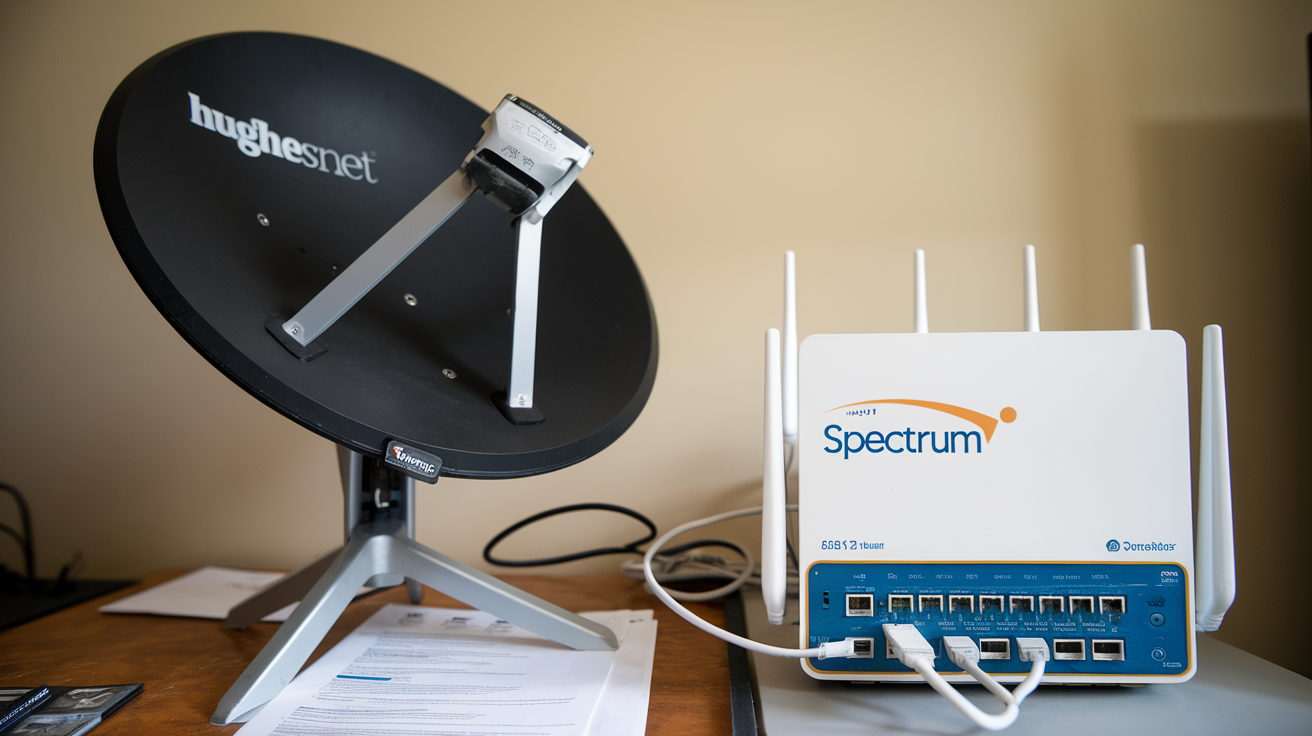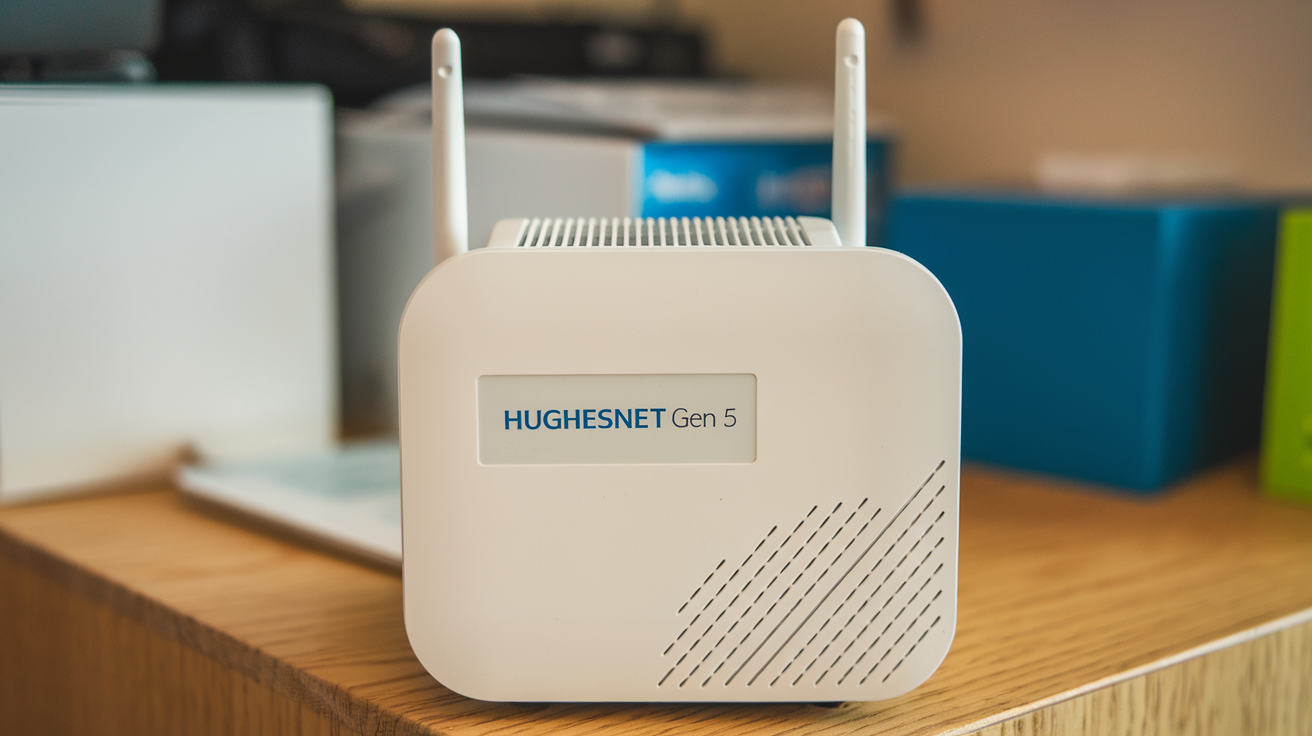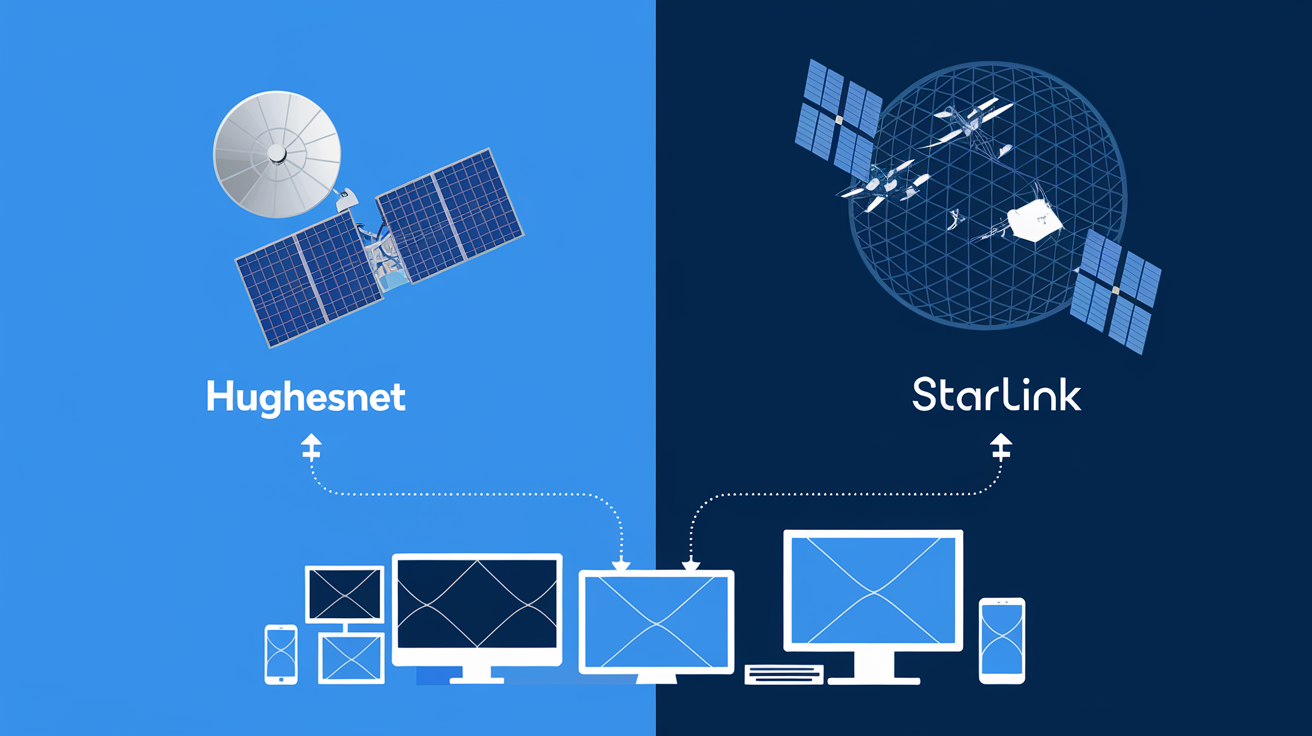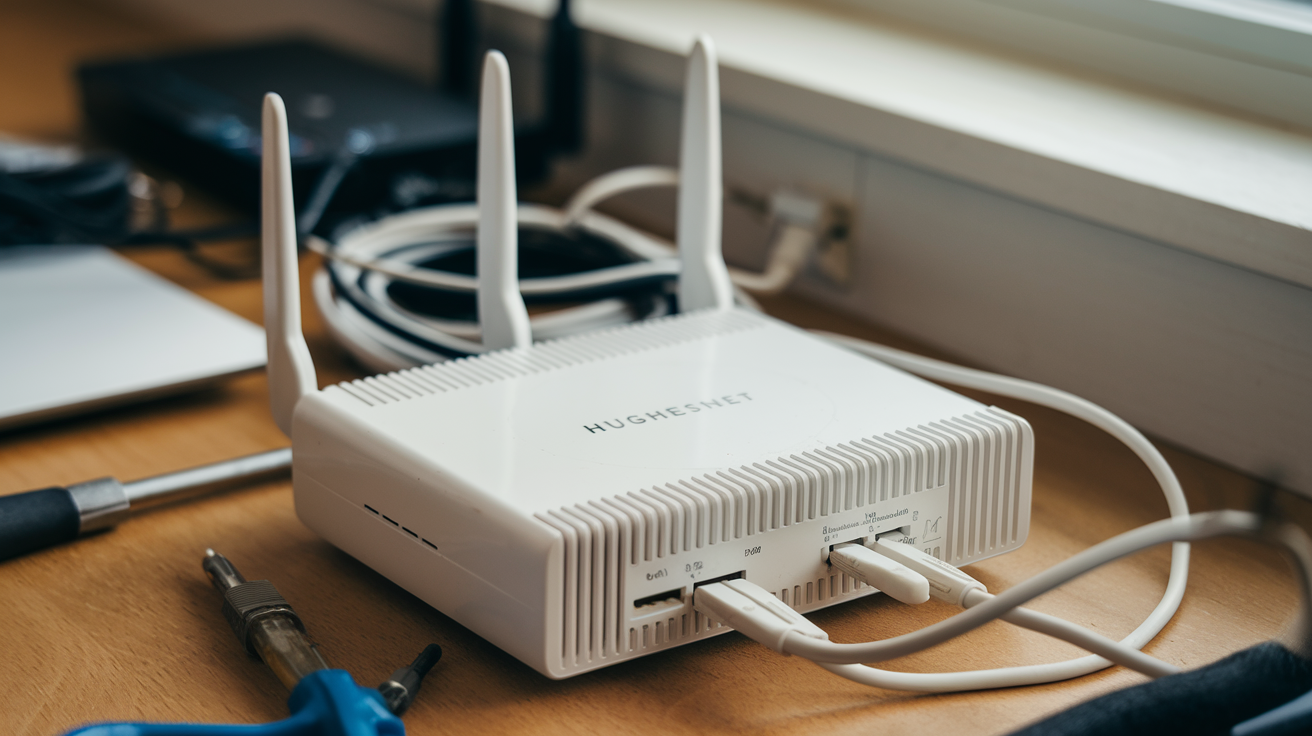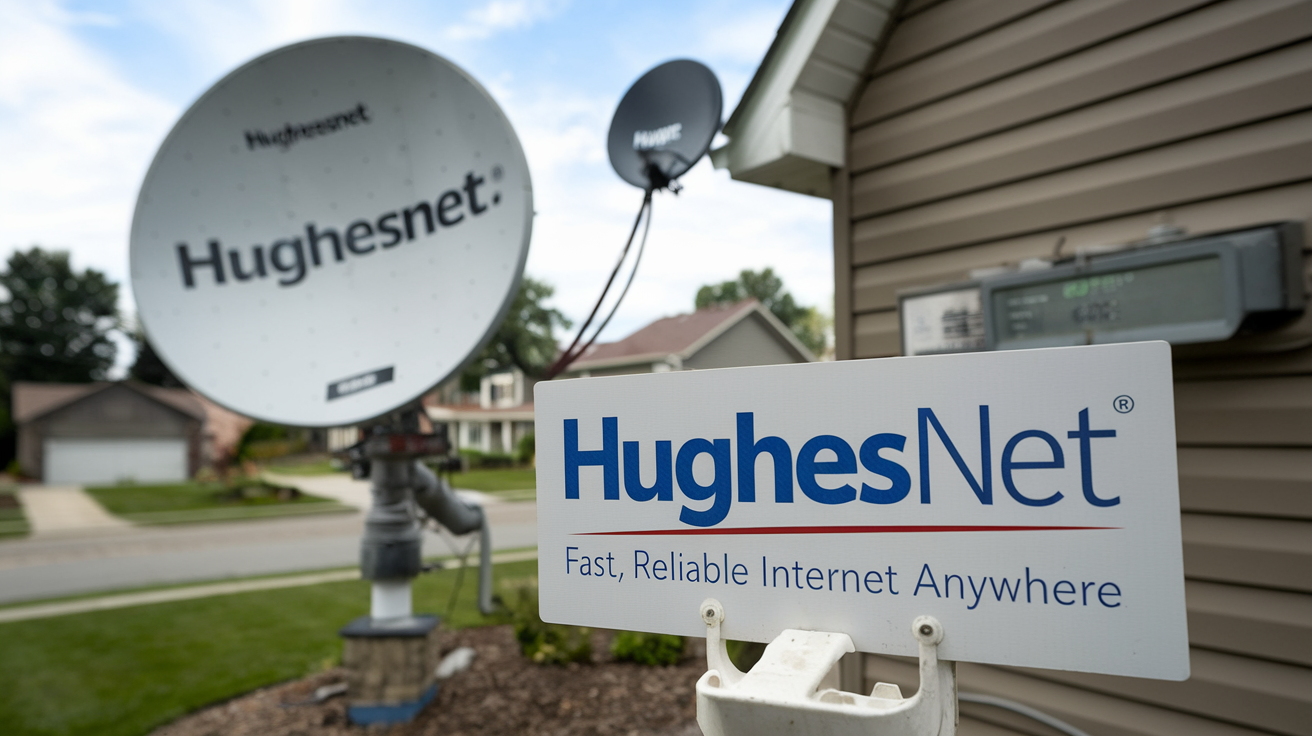
While an increasing number of wireless carriers have launched their 5G networks across the country, similar questions have arisen regarding Hughesnet, and whether it would offer 5G services or not. As 5G is expected to provide higher speeds, lower latency, and higher capacity compared to prior cellular generations, it is logical customers of satellite internet such as Hughesnet are likely to be interested in this new technology. However, due to the makeup of satellite internet and how it stands apart from cellular networks, Hughesnet is not going to offer 5G.
What is 5G?
5G means fifth-generation cellular network technology. Unlike the 4G LTE networks that have been in use, 5G seeks to provide far greater broadband speeds, increased network capacity from efficient utilization of the spectrum, and reliability from low latency. While 5G networks are not fully deployed in many regions of the world, the leading mobile operators such as Verizon, AT&T, and T-Mobile have been pushing 5G-ready devices and plan networks.
5G utilizes high-frequency radio waves, which offer high speeds but coverage areas are relatively limited compared to earlier models. This means that to achieve 5G coverage to as many users as possible, the cellular towers should be so many and small in size. 5G connections also utilize fiber optic cable to transmit signals that connect the networks. This reliance on cellular towers and cables is why satellite internet does not utilize 5G in the first place.
How Satellite Internet Works
Other service providers such as Hughesnet offer broadband internet connection through satellites located in space instead of telecommunication masts. Now several hundreds of GSO satellites work as wireless access points in the sky with the coverage of large territories. A small satellite dish is installed at the customer’s home or business and relays the signal by providing Wi-Fi through an incorporated modem/router.
The satellite-based structure, however, has its advantages and disadvantages as compared with the cable or DSL. The most obvious pull factor is availability as satellites access areas with no cables or cell towers in existence. Satellites also offer steady speed because the satellite has a capacity that does not decrease during peak hours as it is with cable.
However, the latency can be quite high depending on satellite internet service since the signals are transmitted to space before returning to the Earth. They also pointed out that weather conditions have more of an effect on satellites than on ground networks. These are the downsides that are making Hughesnet keep on using satellite systems contrary to adopting cellular network technology.
Why Hughesnet is not using the 5G Technology
There are a few key reasons why Hughesnet does not and cannot provide 5G internet service: There are a few key reasons why Hughesnet does not and cannot provide 5G internet service:
- Hughesnet has no cell tower but is completely reliant on satellite-based.
- 5G needs cellular towers and fiber optic cables to enable its functioning
- Notably, satellite signals employ different frequencies as compared to the 5G networks
In other words, the introduction of 5G involves Hughesnet putting up cellular towers in entire coverage zones and revolutionizing the way it offers internet services. Today, customers only require an unobstructed view of the southern sky to directly communicate with satellites hovering over the equator through Hughesnet.
Well, could that change in the future?
There is no expectation that Hughesnet would switch entirely to the next generation of satellite internet service or cellular 5G and beyond anytime soon However, the company could potentially borrow some elements of future network generations for optimization purposes. For instance, the Starlink satellite internet network by SpaceX company has announced that they will include 5 G-like features for low latency which is necessary for some applications.
However, any improvements would be more likely to be directed to the satellite facet than to towers and cables as deploying hundreds of spacecraft is less expensive for Hughesnet compared to constructing a large number of cells. But even if Hughesnet were to infuse the best of aerospace technologies into its satellite payload and work around limitations imposed by transmission latency and weight, its internet speeds would remain far from ground 5G.
While current 5G users can turn to satellite for coverage gaps in their rural locations, satellite is the only option currently available to these users. That necessity means that satellite internet enablers such as Hughesnet will continue to develop satellite internet capacities as the cellular systems manage the dense areas. Given that satellite Internet and the 5G technology have such significantly different infrastructural foundations, it is almost impossible to imagine the latter being met by satellite Internet.
The Bottom Line
That will not happen, as Hughesnet does not provide such products that many wireless network operators take to the market, including mobile hotspots, 5G home internet routers, and others. They are in the satellite services category and not in mobile broadband or land-based cable/fiber prevalent in 5G requirements.
However, the Hughesnet consumers can expect that any advancements originating from the 5G networks, and studies related to them, will be incorporated into the system at some point – even if satellites cannot mimic the cellular benchmark achievements. However, switching to provide terrestrial 5G service goes against Hughesnet’s business strategy for itself. For the rural users who still don’t have the hope of getting 5G shortly, the Hughesnet satellite hovering up there in space is still the only option, no matter how they want to name the internet coming down like this, isn’t it?
